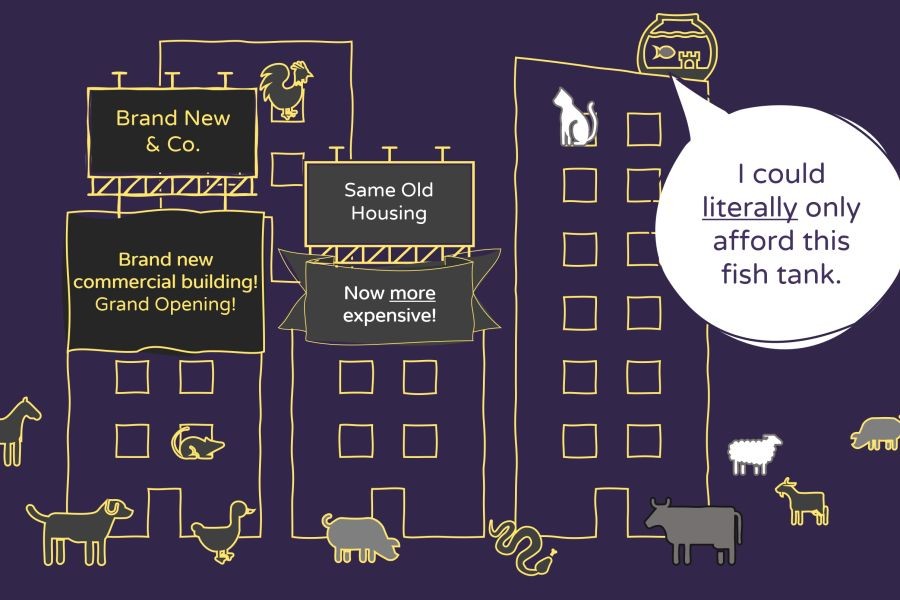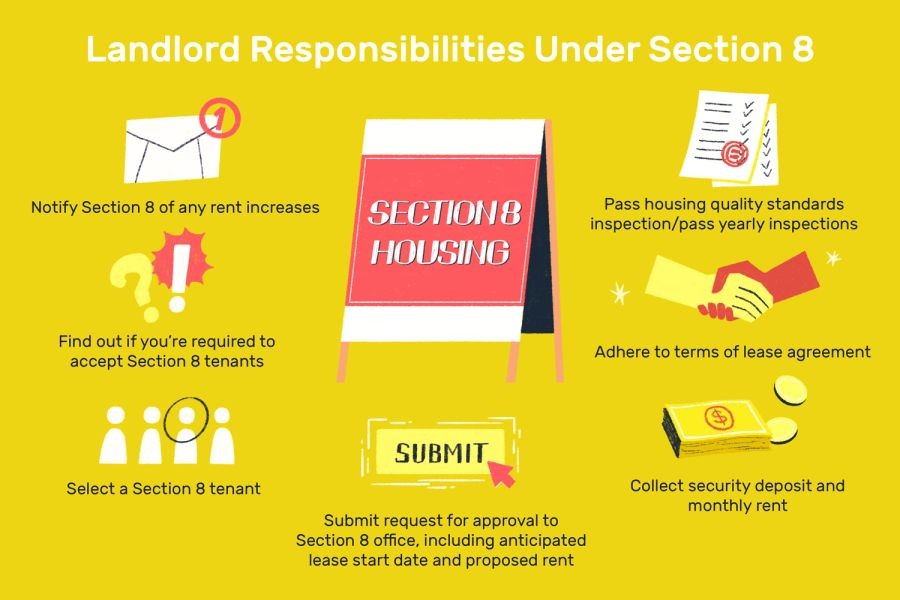In the ever-evolving landscape of New Zealand’s housing market, the next five years hold significant potential, challenges, and transformations. As the nation grapples with economic fluctuations, policy shifts, and environmental considerations, understanding these dynamics is crucial for stakeholders, from investors to policymakers. This article delves deep into the anticipated trajectory of the New Zealand housing market, offering data-backed insights, expert opinions, and actionable strategies.
Current Trends Shaping the New Zealand Housing Market
New Zealand’s housing market has demonstrated resilience, yet it faces unique challenges. According to the Reserve Bank of New Zealand (RBNZ), property prices surged by 27% between 2020 and 2024. This rapid increase has raised concerns about affordability and accessibility. Furthermore, Stats NZ reports that housing demand continues to outpace supply, driven by population growth and urbanization trends.
Impact of Government Policies
Recent policy interventions have aimed to stabilize the market. The Ministry of Business, Innovation and Employment (MBIE) introduced measures to curb speculative investments, such as the extension of the Bright-Line Test and restrictions on overseas buyers. These actions are expected to moderate price growth, yet they also pose challenges for investors seeking high returns.
Pros and Cons of the Current Market Dynamics
Pros
- Increased Investment Opportunities: The dynamic market creates avenues for strategic investment, particularly in regions with burgeoning infrastructure.
- Government Support: Policies aimed at increasing housing supply, such as the KiwiBuild initiative, offer potential for long-term stability.
- Diverse Market Segments: Emerging trends in sustainable housing and co-living present new niches for investors.
Cons
- Affordability Concerns: Rising prices continue to outpace wage growth, exacerbating the affordability crisis.
- Regulatory Challenges: Increasing regulatory requirements can complicate the investment landscape, particularly for foreign investors.
- Environmental Impact: Urban sprawl raises sustainability concerns, necessitating eco-friendly development practices.
Expert Insights: The Role of Sustainability
As environmental concerns intensify, sustainability will play a pivotal role in shaping the future housing market. Dr. Jane Smith, an Environmental Scientist at the University of Auckland, emphasizes that “integrating green building practices is not only an ethical imperative but also a market differentiator.” Sustainable developments are likely to attract premium valuations, aligning with global trends favoring eco-friendly living spaces.
Case Study: Sustainable Housing in Wellington
Wellington’s Green City initiative provides a compelling example of sustainable urban development. By prioritizing energy-efficient buildings and green spaces, Wellington has not only reduced its carbon footprint but also enhanced its real estate appeal. This model showcases the potential for other cities to balance growth with environmental stewardship.
Common Myths and Misconceptions
Several myths pervade the housing market discourse, often leading to misguided decisions:
- Myth: "Property prices will always rise." Reality: Historical data from Stats NZ shows cyclical fluctuations, emphasizing the need for strategic investment timing.
- Myth: "Sustainable homes are too expensive." Reality: While initial costs may be higher, energy savings and government incentives often offset expenses over time.
- Myth: "Urban living is the only profitable investment." Reality: Regional areas, particularly those with infrastructure development, offer competitive returns and growth potential.
Future Predictions: What Lies Ahead?
Looking forward, several trends are poised to redefine the housing market landscape:
- Technological Integration: Smart homes equipped with IoT devices will become the norm, enhancing property value and living convenience.
- Decentralized Urban Growth: As remote work gains traction, satellite towns with robust connectivity will attract increased investment.
- Policy Evolution: Anticipated policy shifts, such as tax incentives for first-time buyers, will aim to improve market accessibility.
Case Study: The Rise of Co-Living Spaces
Auckland has witnessed a surge in co-living developments, catering to millennials and young professionals seeking affordability and community living. This trend aligns with global shifts towards shared economies and could redefine urban housing models.
Biggest Mistakes to Avoid in the Housing Market
- Over-leveraging: A significant number of investors face financial strain due to excessive borrowing. It's crucial to maintain a balanced investment portfolio.
- Ignoring Environmental Risks: As climate change impacts intensify, properties in vulnerable areas may face depreciated value and increased insurance costs.
- Neglecting Market Research: Inadequate research can lead to misinformed decisions. Utilize tools like CoreLogic for comprehensive market analysis.
Conclusion and Final Takeaway
As New Zealand’s housing market navigates the complexities of economic, environmental, and social factors, a nuanced understanding is essential. Investors and stakeholders must remain agile, leveraging data-driven insights and sustainable practices to thrive. What strategies will you adopt to navigate this dynamic landscape? Share your thoughts and insights below!
Related Search Queries
- New Zealand housing market trends 2025
- Sustainable housing developments NZ
- KiwiBuild policy impact
- New Zealand property investment strategies
- Co-living spaces in NZ
People Also Ask
- How is the New Zealand housing market expected to change in five years? Experts predict a shift towards sustainable and technology-integrated housing, driven by policy changes and consumer demand.
- What are the biggest challenges facing the NZ housing market? Affordability and regulatory complexities remain key challenges, alongside sustainability concerns.
- Why is sustainability important in housing? Sustainable housing reduces environmental impact, enhances property value, and aligns with global trends favoring eco-friendly living.
- What is the impact of government policies on NZ housing? Policies like KiwiBuild aim to increase supply and affordability, albeit with mixed effectiveness so far.
- What are co-living spaces? Co-living spaces offer shared accommodation with communal facilities, appealing to young professionals and fostering community living.
Want to stay informed about the evolving housing market in New Zealand? Subscribe to our newsletter for the latest insights and updates!































